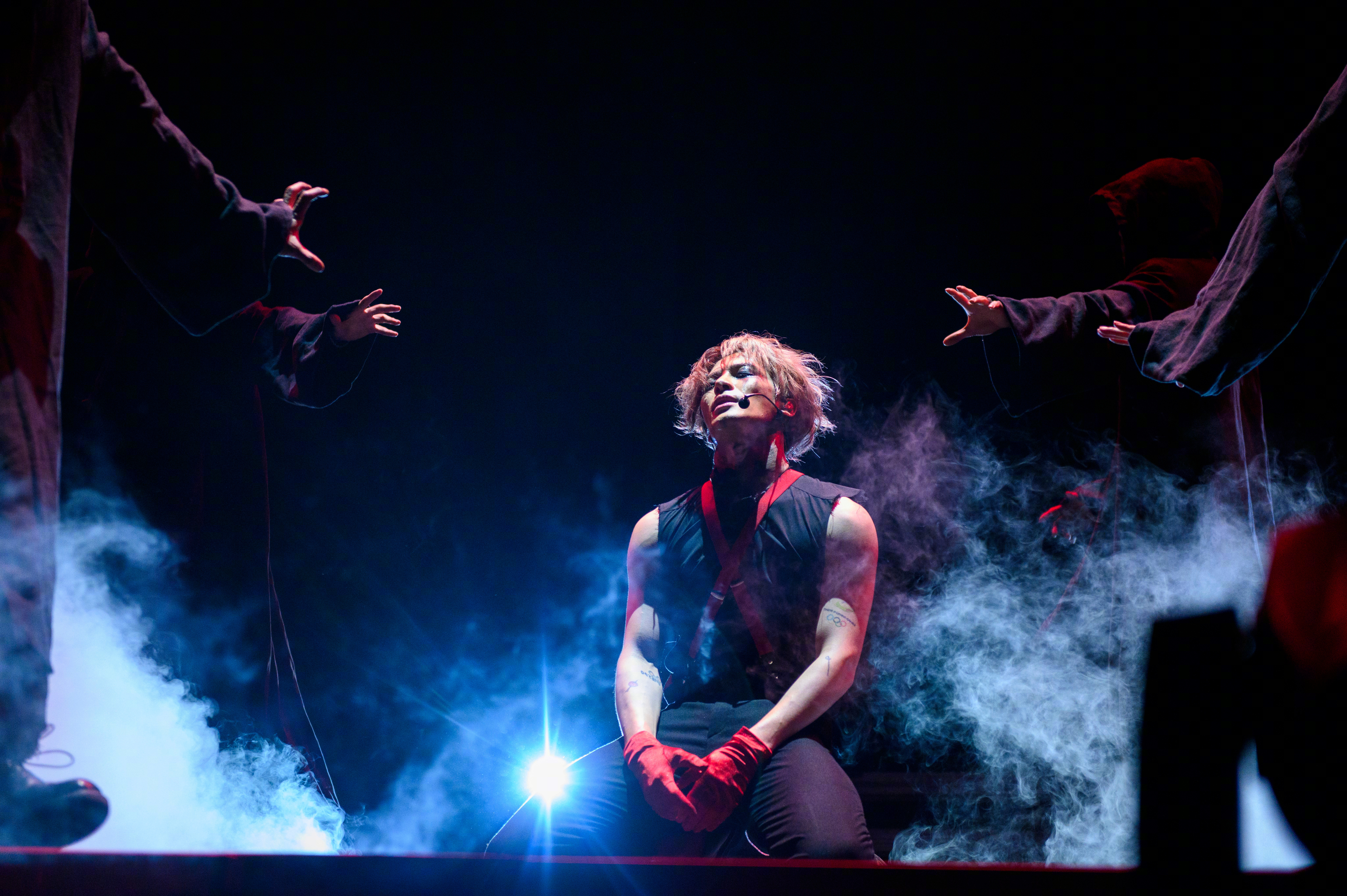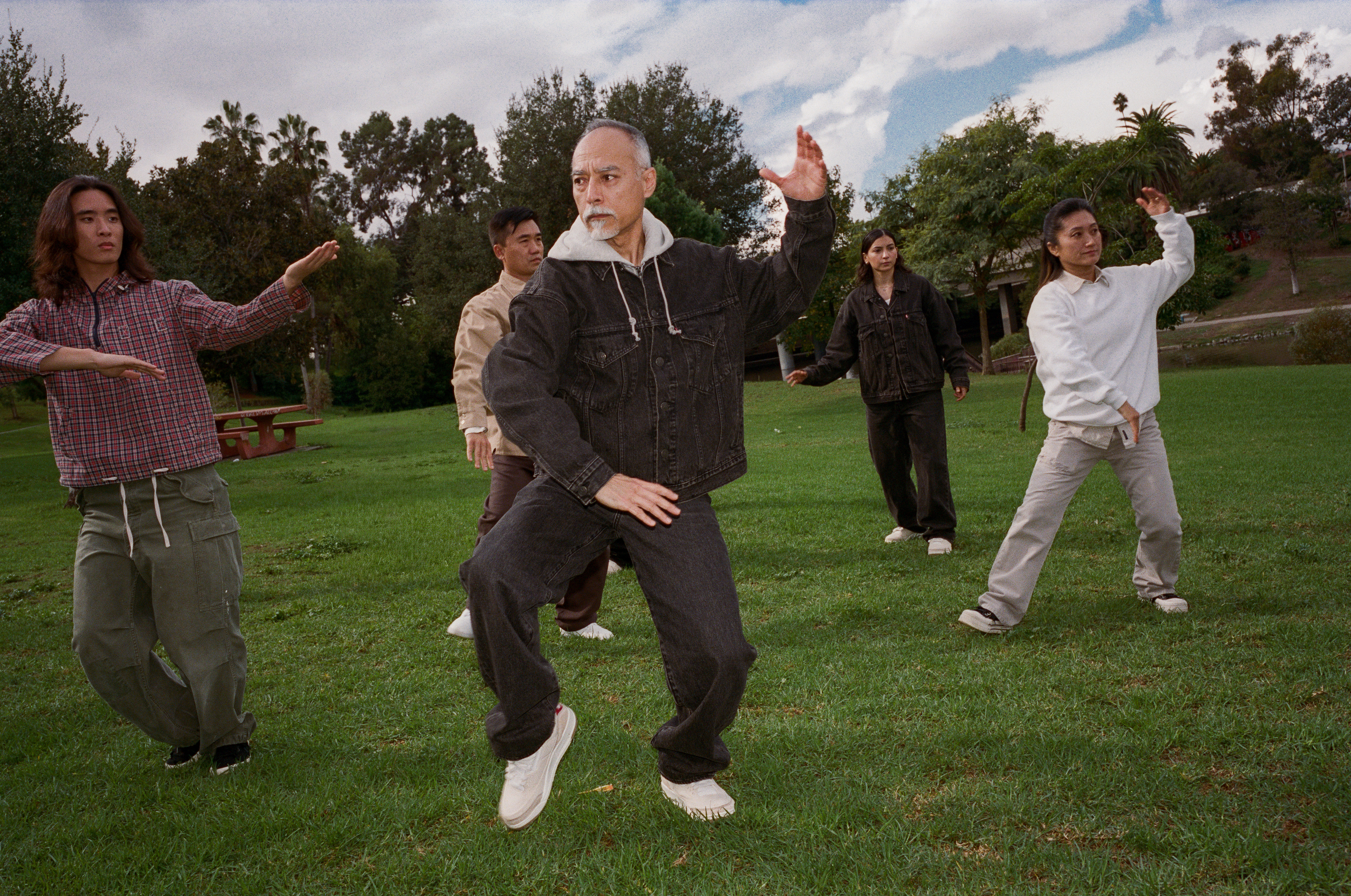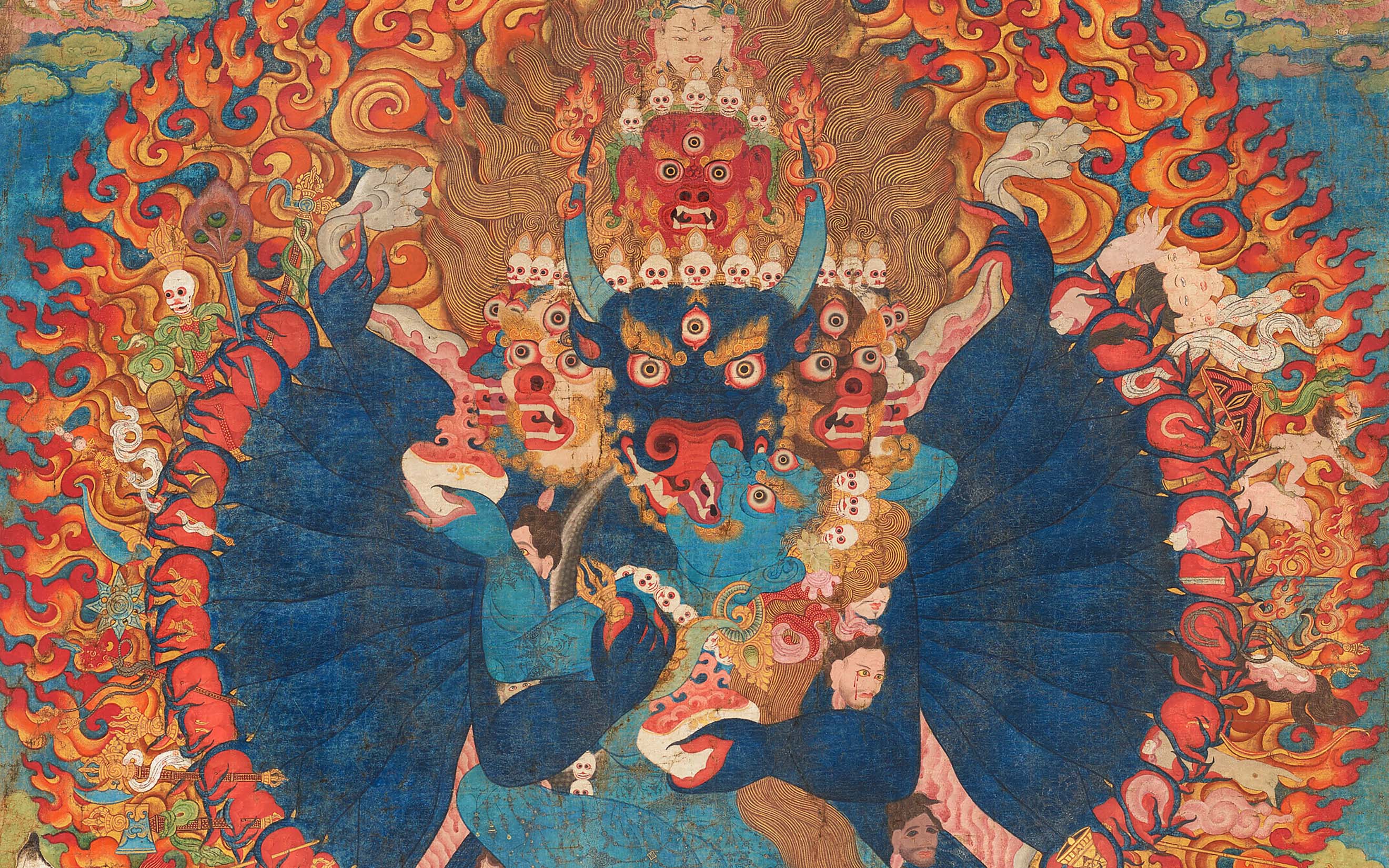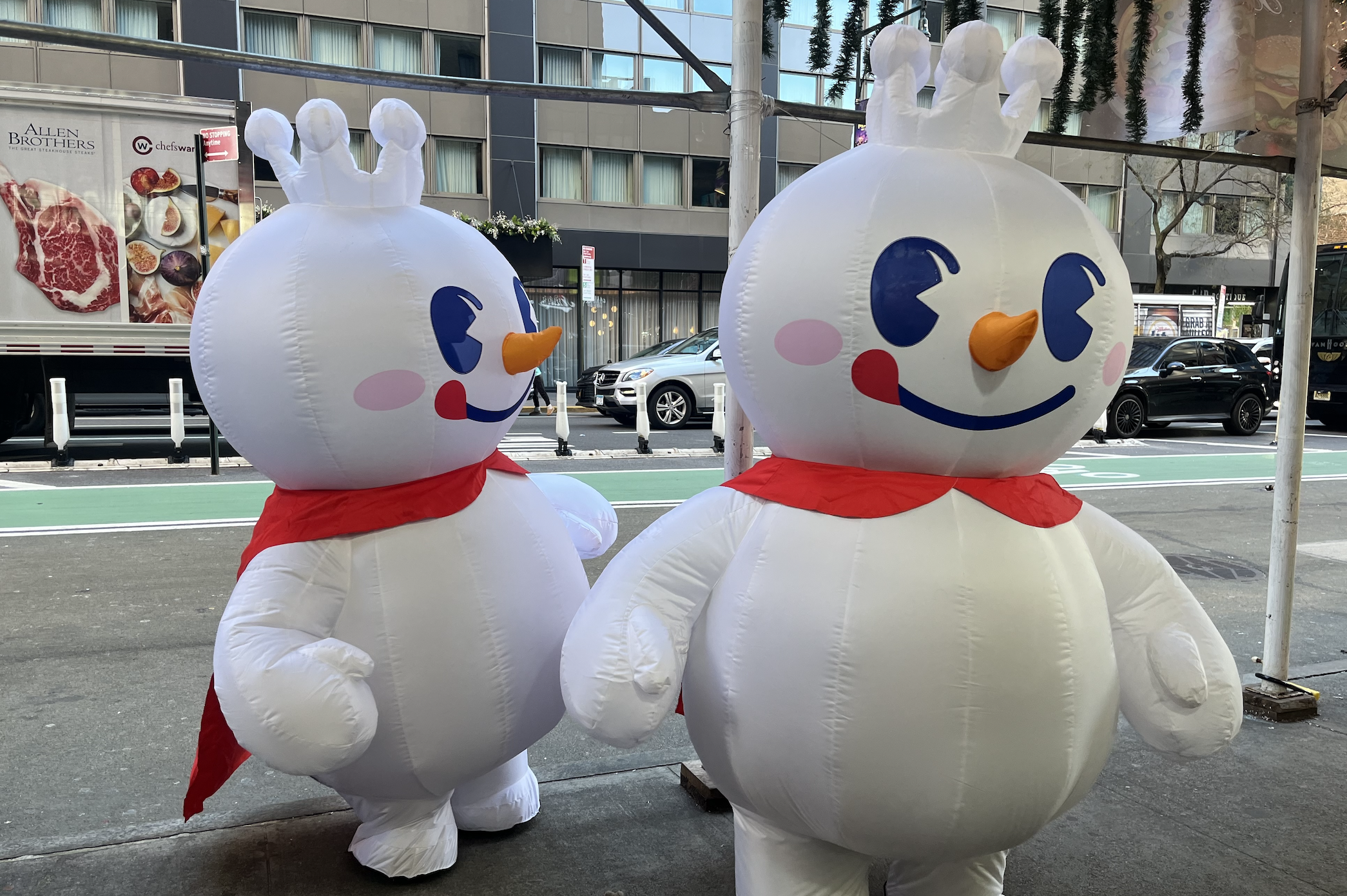As we question whether the Chengdu “red rap” crew CD REV can maintain their original intention to express only their own thoughts, rather than Party propaganda, the newly-minted rap superstar GAI, co-champion of Rap of China, has just performed his latest single on the stage of a reality show produced by CCTV’s variety channel:

GAI rapping “Rainbow” on CCTV
This level of exposure might seem strange for a rapper who used to be called “gangsta GAI”: his track “Super Gangsta”, rapped in Sichuan dialect and released in 2015, made him famous among underground rappers, but he avoids talking about it much now.
In fact, he told VICE in a 2015 interview (link in Chinese) that he’d always to enter the mainstream: “To be honest, if I could make it commercial, who the hell wanna do it underground,” he told VICE China’s music site, Noisey. When GAI met Liu Zhou, a top Chinese music producer who was also the musical director of Rap of China, his dream came true.
Since signing GAI to his hip-hop label Door&Key, Liu’s positioning strategy for GAI has been to develop GAI’s popular appeal by emphasizing his unique Chinese style, meanwhile hiding the “improper” elements of GAI’s music. In an interview with Jiemian (link in Chinese), Liu says:
Kindness, righteousness, propriety, wisdom, and trust, qualities that GAI emphasizes, are good things. How to practice hip-hop in a Chinese way and to create a Chinese hip-hop style are really important questions. In this market, imitating the West is not what GAI needs to do. What we lack is artists who have cultural consciousness, but GAI has it.
Liu even asks all the rappers he’s singed to create at least three songs related to Chinese traditional poetry and culture per year.

GAI feat. Zu Hai, a singer who’s been on CCTV’s Spring Festival Gala many times
The CCTV show that GAI recently appeared on is “I want to be on the Spring Festival Gala”, a reality show for selecting performances for CCTV’s Spring Festival Gala, a televised event that is viewed by billions of Chinese people all over the world on Chinese New Year’s Eve. Considering the mass viewership, the Spring Festival Gala is a perfect opportunity to be seen and become known by almost all Chinese people.
In other words, GAI is close to ascending the biggest stage in China. He is a pioneer of Liu Zhou’s big picture, which includes plans to cultivate the Chinese hip-hop market by producing 10,000 songs and signing 100 rappers over the next three years. We can probably expect many more high-profile rappers to come out of Liu Zhou’s mold:
Some people would say, why would I care about the country and politics as a hip-hop artist? But if you want to promote an art industry, you’ve got to learn. Why? If the government doesn’t acknowledge a music category, it will always be underground. You have to make a way to let it climb onto the table.
Cover photo: Sina Weibo


















